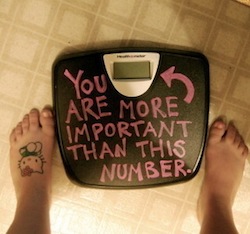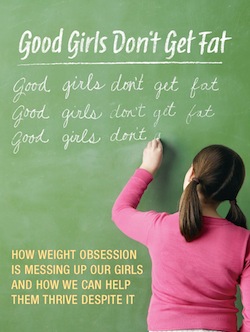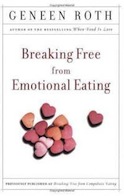Eating Disorders
Eating is a necessary and natural part of our lives. We nourish our bodies with the food that we take in, and it is meant to be a pleasurable and satisfying experience. So why does food become a source of conflict and pain for so many people? With an eating disorder, the person is caught up in a war with his or her own body.

How does an eating disorder develop? For many people struggling with issues of weight, poor self-esteem is central to the problem. Somewhere along the way, self-esteem gets inextricably bound to one's weight. "Success" in controlling one's weight is likely perceived as a measure of one's inherent worth.
On the flip side, "failure" in this regard usually results in self-recrimination and feelings of guilt or shame. Unfortunately, our society fosters these attitudes and thereby lends strength to these tendencies.
For those who binge or compulsively overeat, food is often used as a way to both avoid and comfort oneself when having negative feelings ("emotional eating"). Also, it is used to companion oneself when lonely or bored. Some people find that having a weight problem serves the purpose of keeping other people from getting too close. Those who starve themselves or go to extreme lengths to keep weight down strive to meet their perfectionistic standards for body image, which may be quite distorted (severely underweight).

Eating disorders among teenage girls and young women are increasing at alarming rates. In a recent study, 95% of girls polled said they would like to change something about their body.
Children and teens with eating disorders struggle with one or more of the following problems:
- Distress
- Fear of becoming overweight
- Feelings of helplessness
- Low self-esteem
- anxiety disorders
- depression
- substance abuse
If you or someone you know is struggling with an eating disorder or problem with body image, Tri-Valley Psychotherapy can help. Work with our experienced team to overcome this debilitating and painful problem.
Call (925) 523-1397 for an appointment today!


